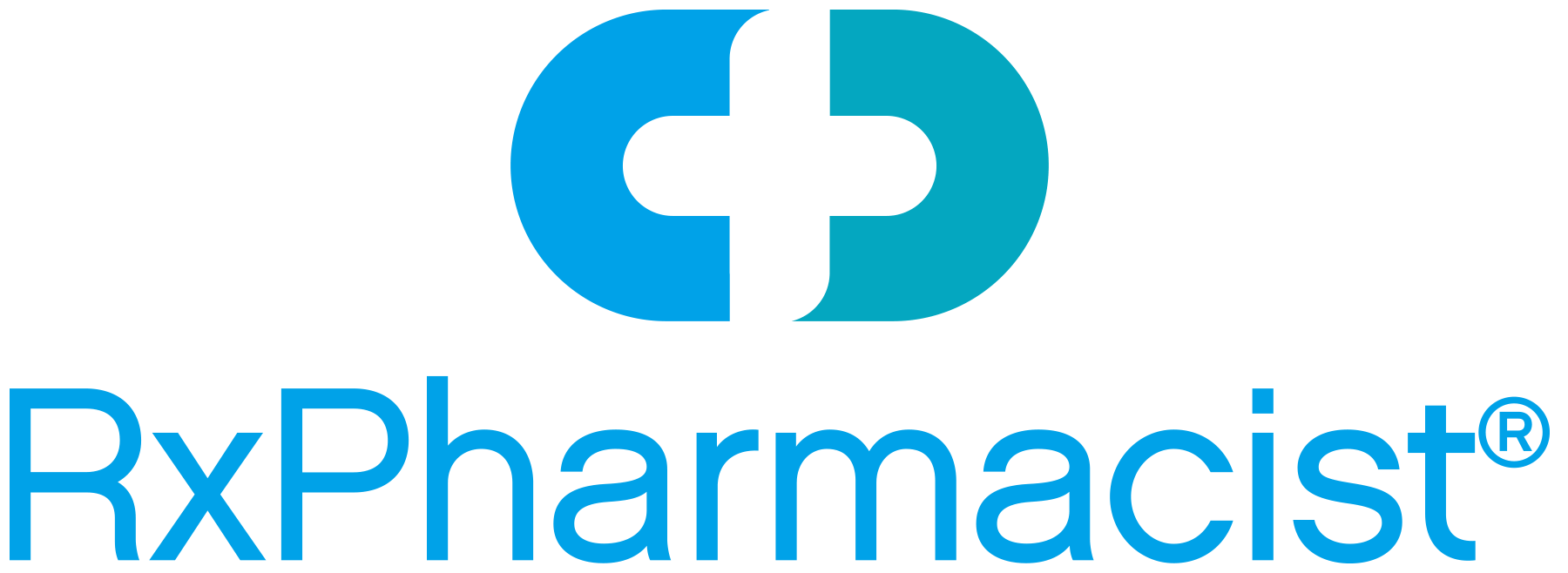In today’s world, pharmacists are no longer limited to the traditional role of dispensing prescriptions and have decided to make use of the ever-expanding potential of information technology. Pharmacy informatics continues to be a dynamic field, combining the impact of pharmacy with the force of technology to transform the way that pharmacists manage patient care, streamline operations, and improve health outcomes. Let’s delve a little bit more into this topic.
What is Pharmacy Informatics?
Pharmacy informatics is defined as the application of clinical knowledge and expertise in combination with the use of health information technology (HIT) to improve the processes of medication management and drug delivery.1 Pharmacists who work in this field, along with their knowledge and background in pharmacotherapy and pharmacy practice, have sufficient understanding of the discipline of informatics and health information technology.2
The Pharmacist’s Role
There are 5 basic responsibilities of pharmacists who work in pharmacy informatics.3 These have been defined by the American Society of Health-System Pharmacists (ASHP) as:

- Information Management: overseeing medication management and sharing patient information to ensure patient safety
- Bar code medication administration
- Computerized provider order entry (CPOE)
- Ease of information exchange among systems
- Knowledge delivery: provision of knowledge and patient-specific information as clinical decision support
- Clinical guidelines
- Patient reports and summaries
- Alerts and reminders
- Optimizing electronic health records (EHR) to include mandatory indications and medication adjustments where appropriate
- Data analytics: reviewing the data and analyzing it
- Healthcare analytics- improving quality and efficiency of healthcare operations and processes by reviewing past performances
- Clinical informatics: promoting the integration and application of information technology in healthcare settings for easier handoff and transition of care
- Computerized medication reconciliation
- Smart infusion pumps
- Change management: the development, management, and continuous improvement of clinical information systems
- Actively managing clinical decision support interventions to keep up with current and developing treatments
The Benefits and Challenges
Multiple advantages for adopting informatics exist in the form of reduced medication errors, improved medication adherence, and increased patient involvement. It is also important to highlight that decision making is being supported with data and facts to improve health outcomes for patients and contributes to evidence-based medicine (EBM) practices. As a result of using these systems and processes, pharmacists are able to identify potential drug-drug interactions, contraindications, and allergies with greater ease, safety, and efficiency.
That’s not to say that implementing pharmacy informatics systems comes without its challenges. One challenge lies in support training for all pharmacists so that there’s consistent quality of work and knowledge of using these systems across multiple settings. Another challenge includes maintaining proper safeguard measures and data security as more data is utilized in the healthcare setting. Some of these challenges can be overcome through continued education sessions, training and workshops, collaboration with IT for technology related developments, and staying open-minded to new technological innovations.
Closing Thoughts
Pharmacy informatics will continue to mold and reshape how pharmacy is being practiced. It has the ability to empower pharmacists in providing patient care that is safer and more efficient. Being more open-minded about the use of technology can open doors to embracing the optimization of medication management delivery so that the end result is improved patient health outcomes. Pharmacy informatics has the potential to change the future of healthcare and the future of pharmacy- let’s see where it will take us.
Midrara Kashmari
RxPharmacist Team
References:
- Cortes D, Leung J, Ryl A, Lieu J. Pharmacy Informatics: Where Medication Use and Technology Meet. The Canadian journal of hospital pharmacy. 2019;72(4):320-326. Accessed January 25, 2023. https://www.ncbi.nlm.nih.gov/pmc/articles/PMC6699873/#:~:text=Pharmacy%20informaticists%20are%20pharmacists%20with.
- ASHP Statement on the Pharmacist’s Role in Clinical Informatics. ASHP. https://www.ashp.org/-/media/assets/policy-guidelines/docs/statements/pharmacists-role-clinical-informatics.ashx.
- Pharmacy Informatics and Its Cross-Functional Role in Healthcare. www.himss.org. Published October 29, 2019. https://www.himss.org/resources/pharmacy-informatics-and-its-cross-functional-role-healthcare.

